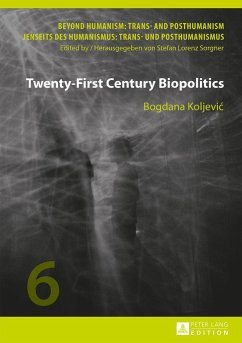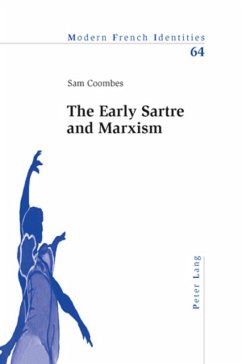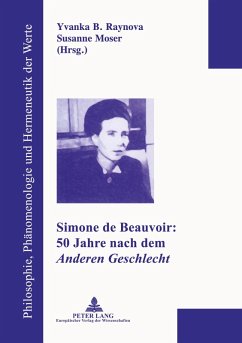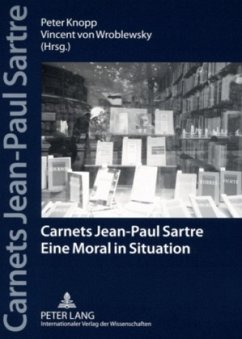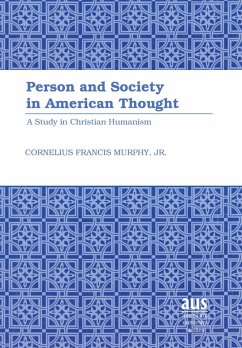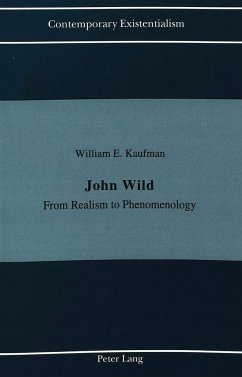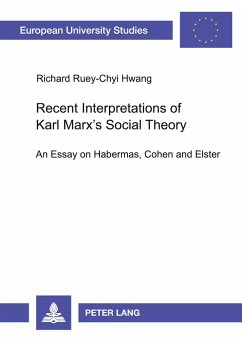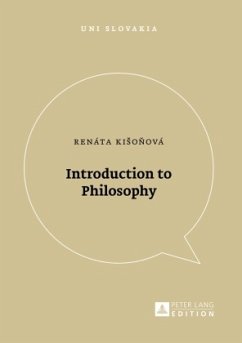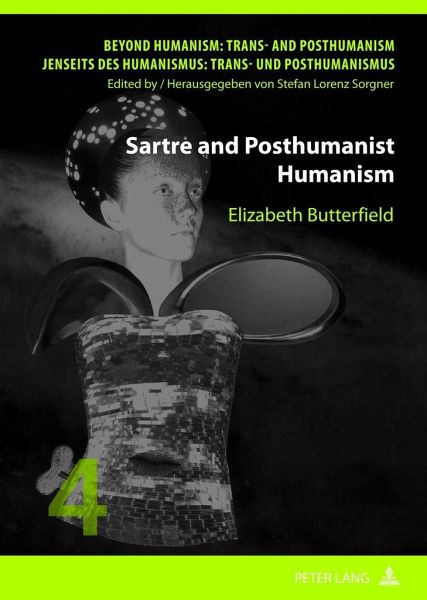
Sartre and Posthumanist Humanism
Versandkostenfrei!
Versandfertig in 6-10 Tagen
43,60 €
inkl. MwSt.

PAYBACK Punkte
0 °P sammeln!
In recent years, calls for a new humanism have arisen from a variety of voices across the spectrum of philosophy, expressing frustration with outdated models of the human that cannot account for the richness of our social being. The postmodern deconstruction of the human now requires a reconstructive moment. In response, the author articulates a new and explicitly posthumanist humanism using the framework developed by Jean-Paul Sartre in his later Marxist-Existentialist works. Sartre's unique dialectical and hermeneutical methods allow us to reconceptualize the human beyond traditional dichoto...
In recent years, calls for a new humanism have arisen from a variety of voices across the spectrum of philosophy, expressing frustration with outdated models of the human that cannot account for the richness of our social being. The postmodern deconstruction of the human now requires a reconstructive moment. In response, the author articulates a new and explicitly posthumanist humanism using the framework developed by Jean-Paul Sartre in his later Marxist-Existentialist works. Sartre's unique dialectical and hermeneutical methods allow us to reconceptualize the human beyond traditional dichotomies of individual/social and freedom/necessity. The author argues that the individual and the social should be understood as existing within a dynamic, co-constituting interrelation, and that individual autonomy is not at odds with, but rather fundamentally enabled by, the social.





